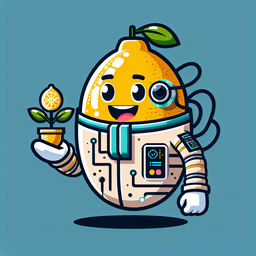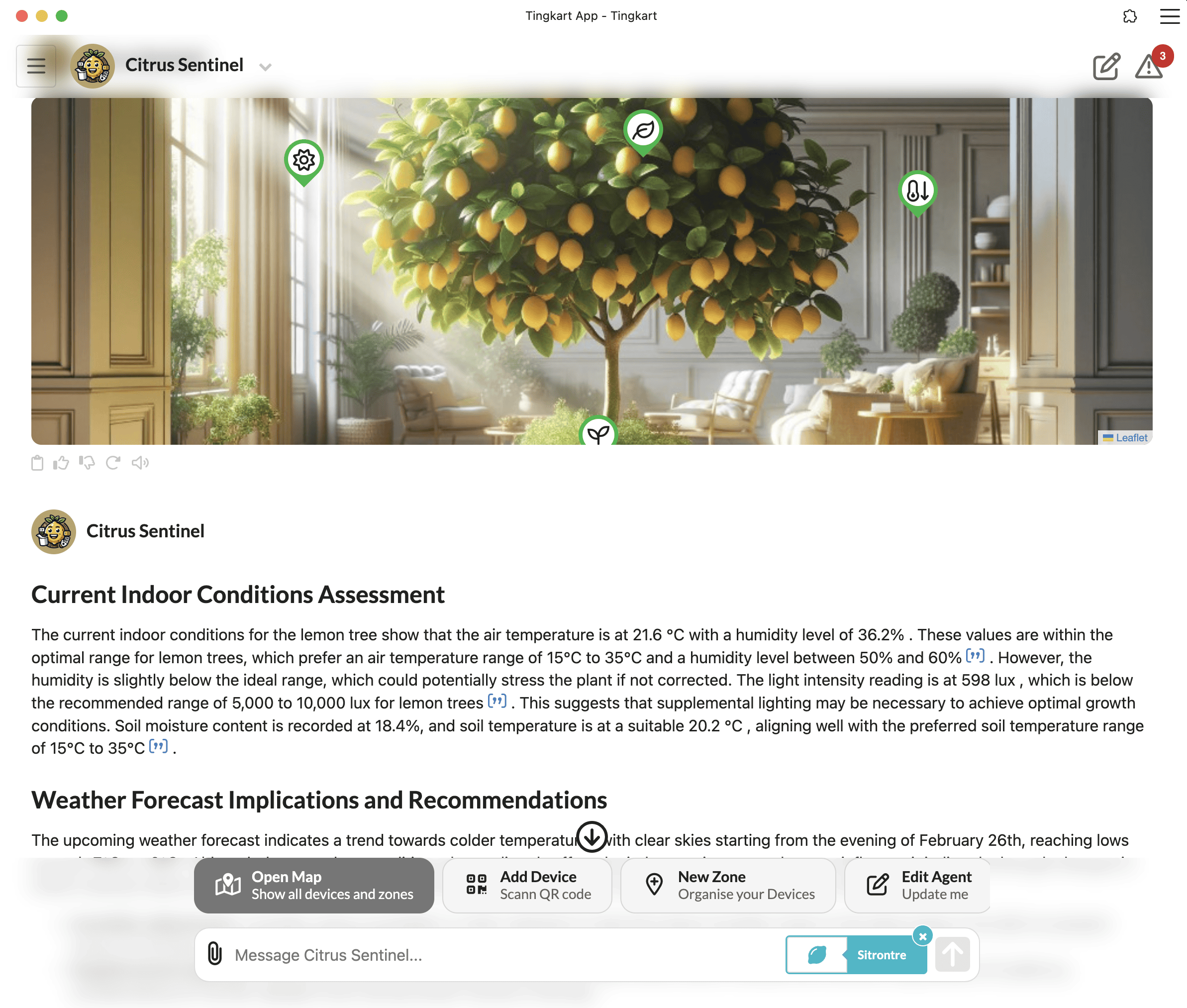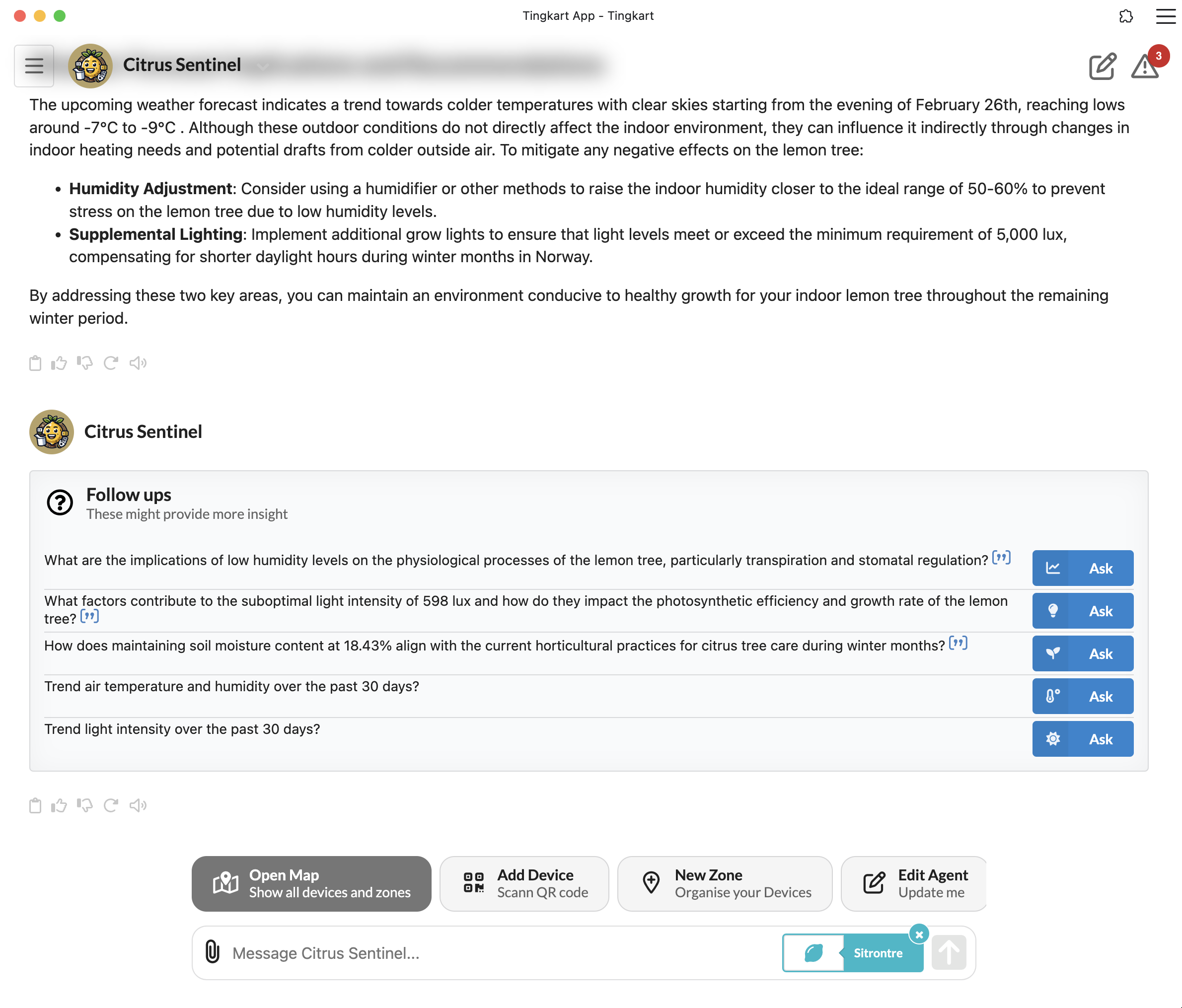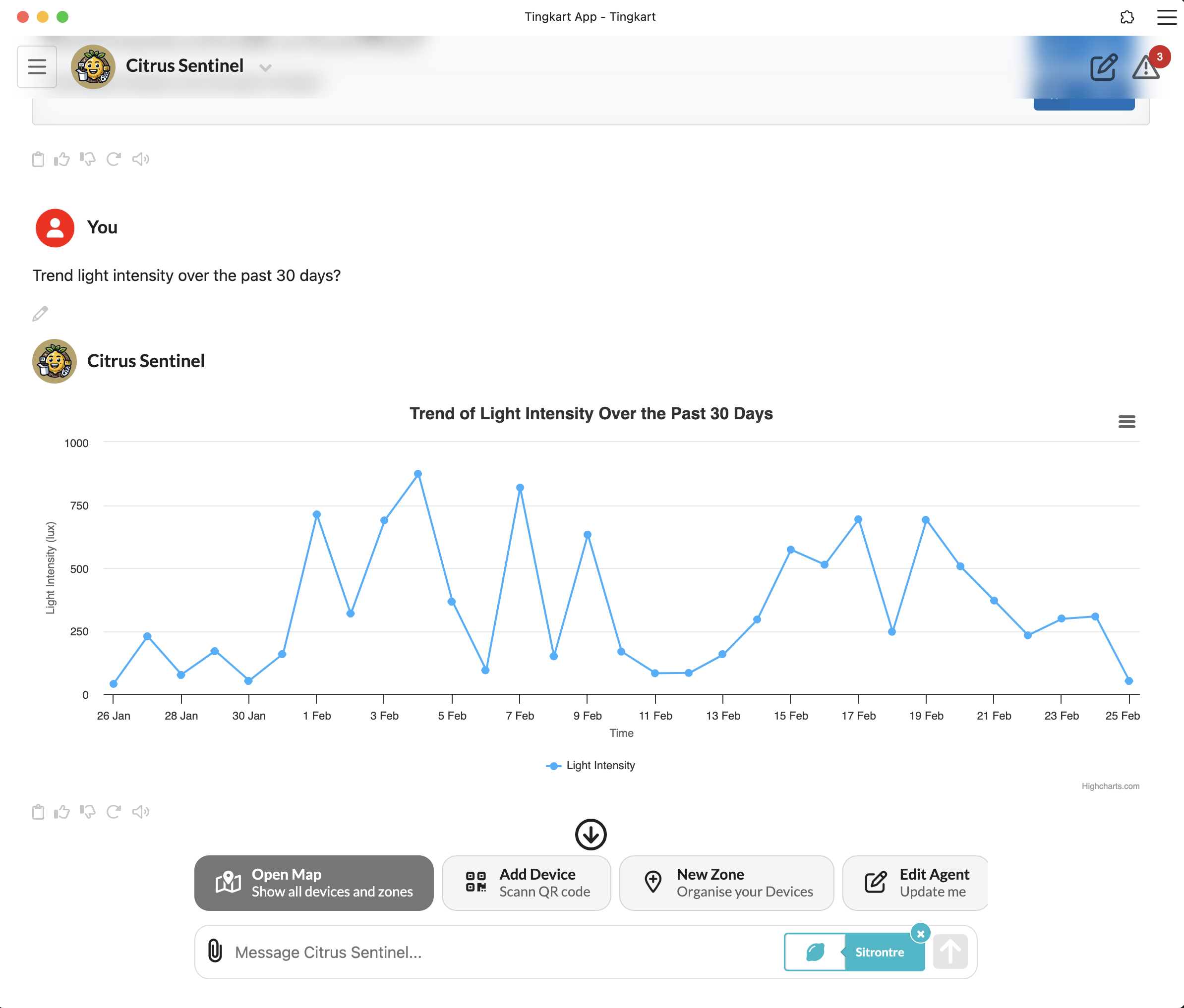

During the frosty embrace of the Norwegian winter, a collaborative effort between Tingkart and Villa Solsiden stands out as a beacon of innovation in the realm of indoor gardening. This partnership is dedicated to safeguarding lemon trees, cherished for their aromatic flowers and vibrant, zesty fruits, as they are moved indoors to weather the harsh conditions. Leveraging cutting-edge sensor technology, such as soil moisture sensors, light intensity meters, and devices to monitor temperature and humidity, Tingkart and Villa Solsiden are turning the task of maintaining ideal conditions for these citrus treasures into a precise and informed endeavor. This fusion of technology and horticulture ensures that even in the depths of winter, the lemon trees continue to thrive under vigilant, expert care.
Soil sensors play a crucial role in ensuring the health and vigor of indoor lemon trees. These devices measure moisture levels, pH values, and nutrient concentrations in the soil, providing real-time data that can help prevent overwatering, under-watering, and soil nutrient imbalances. By keeping the soil conditions within the ideal range, growers can ensure their lemon trees have the strong foundation they need to thrive.
Light is a pivotal factor in the growth of lemon trees, especially during the dark winter months in Norway. Lux sensors help monitor the intensity of light the tree receives, which is vital for photosynthesis and overall plant health. Indoor growers can use this data to adjust the positioning of their lemon trees, optimize artificial lighting schedules, and ensure that the plants receive the right amount of light to simulate the natural sunlight they would enjoy outdoors.
Maintaining the right temperature and humidity levels is essential for the well-being of lemon trees in indoor settings. Temperature and humidity sensors provide continuous monitoring, allowing growers to create a microclimate that mimics the lemon tree's natural Mediterranean habitat. This includes keeping the air humid enough to prevent leaf desiccation and warm enough to encourage growth, but not so warm as to stress the plant or invite pests and diseases.

The integration of these sensors into a cohesive monitoring system offers a comprehensive overview of the indoor environment, enabling growers to make informed decisions. By analyzing the data collected, adjustments can be made to watering schedules, lighting systems, and room conditions to ensure the lemon tree not only survives but flourishes during the winter. This data-driven approach to plant care represents a significant leap forward in horticultural practices, allowing for precision cultivation that can lead to healthier plants and more abundant fruit yields.
The use of soil, lux, temperature, and humidity sensors to monitor lemon trees indoors is just the beginning. As sensor technology continues to advance and become more accessible, the potential for indoor gardening and commercial cultivation during the off-season grows exponentially. This not only provides opportunities for fresh, locally grown produce year-round but also offers a sustainable solution to the challenges posed by harsh climates and changing environmental conditions.

The practice of monitoring lemon trees indoors with advanced sensor technology is a testament to the innovative spirit of modern horticulture. In the face of the long, dark Norwegian winter, these tools empower growers to provide the best possible care for their plants, ensuring that the warmth and brightness of summer can be found in the vibrant green leaves and sunny fruits of the indoor lemon tree.
